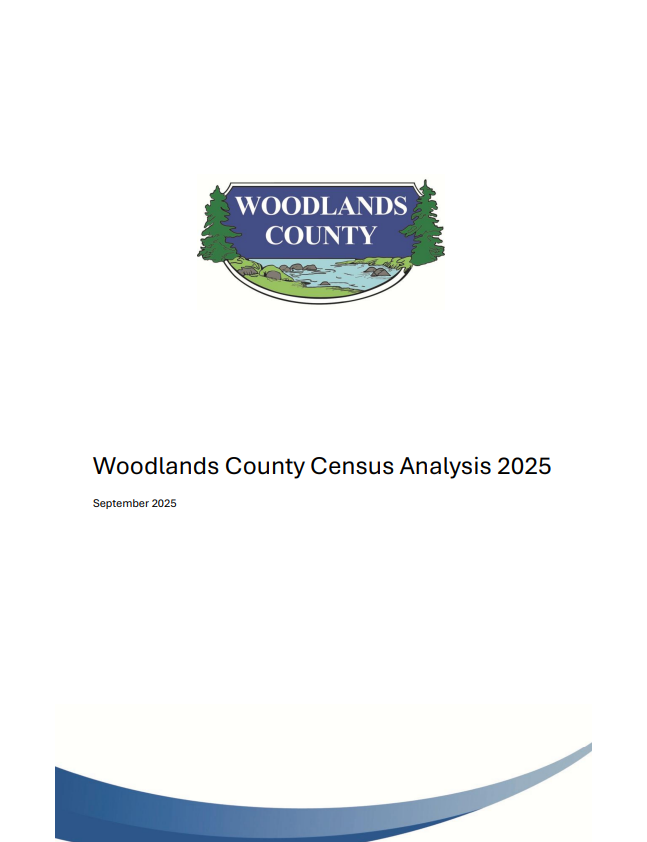Efficiency in the construction and maintenance of Ontario’s roads is vital to the province’s long-term prosperity. While provincial standards for asphalt exist, municipalities are not required to follow them and often develop their own specifications. This variability increases production complexity and cost, particularly within the Greater Toronto Area (GTA).
This study evaluates how municipal asphalt mix policies influence costs, productivity, employment, and overall well-being across the GTA. Three scenarios were assessed: maintaining the status quo, moving toward greater harmonization with provincial standards, and moving further away from harmonization.
When municipal needs can be met through harmonized standards, the GTA could realize $895 million in total value over ten years, consisting of $491 million in economic gains and $404 million in social value improvements, achieved through efficiency rather than new public spending. In contrast, a shift toward greater non-standardization could result in losses of approximately $990 million over the same period. A gradual implementation of harmonization would reduce potential benefits by about 40 percent, including the loss of 1,600 job-years.
The benefits of harmonization extend across multiple sectors, including construction, manufacturing, transportation, real estate, finance, and retail, and are particularly significant for small and medium-sized enterprises that face higher operational risks from specification variability.
Harmonizing municipal asphalt specifications presents a high-value, low-cost policy option for the GTA. By reducing complexity, supplier risk, and cost, harmonization can improve efficiency, strengthen local employment and wages, and deliver measurable well-being gains for residents without requiring additional public expenditure.










